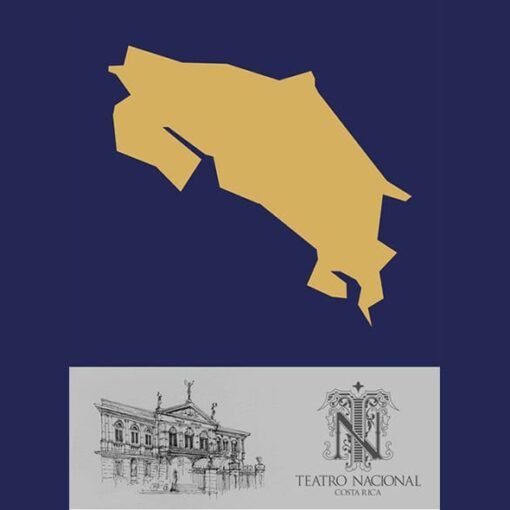QCOSTARICA — Loans by informal lenders with exorbitantly high-interest rates – “gota a gota” in Spanish – had exponential growth fueled by drug trafficking in Costa Rica in recent years, according to Mario Zamora, the current Minister of Public Security.
The situation has led to entire communities “living under the terror of threats from sicarios (hitmen),” who coincidentally also work for drug traffickers, eliminating members of rival gangs.
– Advertisement –
In that world of insecurity, where people excluded from the formal financial system, ie banks, credit unions, etc, that do not qualify for a traditional loan credit, defer to informal lenders or loan sharks – “prestamistas” in Spanish – offer fast money, but with enslaving and capricious conditions.
Furthermore, the collectors are in some cases violent minors under the age of 14 or 16 who point their weapons at the victims to extort collections.
This situation is worrying, but fortunately, a new bill will soon be approved in the Legislative Assembly that will establish harsher prison sentences for offenders, including double or triple sanctions for adults who hire minors to commit crimes.
Today, this type of extortion and intimidation behavior is not punished, according to Zamora.
Zamora pointed out that since arrival at the Ministerio de Seguridad Publica (MSP) in May 2023, which oversees the work of the various police forces across the country, such as the Fuerza Pública (National Police), Servicio Nacional de Guardacostas (National Coast Guard), Servicio Nacional de Vigilancia Aérea (National Air Surveillance Service) and the Policía de Control de Drogas (Drug Control Police), among others, a public our concern about the issue of the growth in loansharking and thanks to the action of the press, the situation has become visible.
The minister added that this public visibility resulted in better decision-making to attack the situation and prompted legislators to take action, working on a bill that is close to be being approved.
– Advertisement –
How widespread is the problem?
Zamora reiterated that they have had cases of entire communities, urban and rural, in the grip of terror, where repayment demands of loans are through threats of extortion and violence not only against the borrowers but also their families.
Zamora explained that these loans are very similar to human trafficking since on the surface they are seemingly harmless agreements that end up being a disaster with slave-like conditions.
They start with small amounts to help out a financial crunch with simple conditions of repayment (the hook), and as time goes by the conditions, terms, interest rates, and other details change, so that people never get out of under the loans and are obliged to continuing to pay even after the loan is repaid.
– Advertisement –
“As in human trafficking cases, borrowers may become obligated to also commit crimes, to the point where men become sicarios and women end up becoming prostitutes,” said Zamora.
“Imagine the case of a person who cannot pay for a week, then the term and amount is extended, thus putting the person on the ropes,” added the minister.
The loan sharks are typically part of organized crime, drug trafficking gangs in many cases, operating with seed capital from illicit operations, earning increased profits through continued lending, with collections made through extortion and threats, where debtors never finish paying and are always obliged to pay.
“We even know of cases of people who have fallen into the hands of these criminals, who make a great effort to pay the money they owe and despite this, never get out of debt to these criminals,” said Zamora.
Lending is only a part of the criminal activity, murders between rival gangs have become common, as is the growing use of minors, mostly between 14 and 16 years of age, who are armed, to intimidate borrowers into paying.
Loan sharking is also a way to launder money from drug trafficking or other illegal sources.
As Minister Zamora points out, lending money is not illegal in Costa Rica, only an informal activity. Under that premise, a person could open several bank accounts and report income of small amounts from loan profits.
Another way to launder money is to buy assets paid in cash, such as land or cars which are then delivered to other people, who assume the risks.
Other ways of money laundering may also include a mixing of legitimate and illegitimate money, such as a restaurant that has say ¢1 million colones in sales, but reflects ¢2 million colones in the books and deposits the ¢2 million colones in the bank, getting the dirty money into the financial system.
– Advertisement –
Source link
Rico



